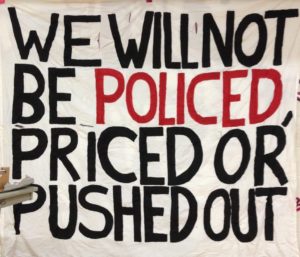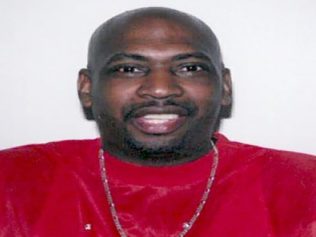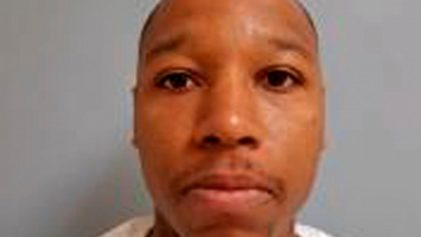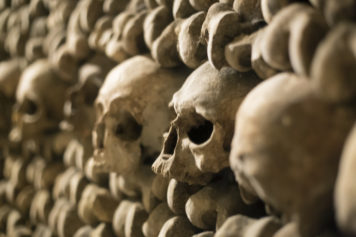
Anti-Black racism is the frame we use to understand this violence and why it continues. But what is often missing from our understanding of race relations in the U.S. is just how influenced they are by settler-colonialism, the ongoing process of white European settlers occupying stolen Native lands.
Christopher Columbus never “discovered” the Americas in 1492 but opened the door for the period of genocide that was suffered by indigenous people at the hands of Europeans. White people immigrated to North America for the purpose of replacing native populations and acquiring wealth and land pillaged from the native people. Settler-colonial governments were established that safeguarded the rights of these white settlers to steal more land and collect more property. Property was to become the principal organizing factor for whites and access to property would become synonymous with “whiteness.”
The slave trade was developed and flourished directly out of needs of the white colonist for free manual labor. Black Africans were enslaved and brought to the colonies to work on the plantations. We were considered property, according to the colonial government, and were organized as such by both slave masters and the slave patrols who were the precursors to the modern-day police. Our labor built the colony and, after the United States declared its independence, our labor pushed the country westward to colonize more indigenous lands.
Racism and white supremacy were foundational tenants of the United States that resulted from colonialism and its practice of slavery. They were enshrined into the country’s laws, institutions and economic system. Black people have never stopped being seen as property by the U.S. settler state. When we attempted to run away from the plantation, be free or otherwise liberate ourselves from our enslavement, we were deemed immediate threats to the state and therefore “fugitive.” The moment we operate outside of being “property,” we are instantly criminalized and, in many cases, executed.
The residual effects of colonization on Black life in this country can be seen today. Blackness is considered a threat to white property and, under colonialism, the police system is dedicated to the protection of white property from Black people. The practice of redlining has replaced segregation as a method to separate and isolate Black communities on the basis of income and, in doing so, protect white property interests. Gentrification of Black neighborhoods not only causes displacement of Black businesses and families but increases the frequency of incarceration and deadly police encounters, since white people bring police officers with them when they gentrify a neighborhood. Gentrification of the Black community is settler colonialism in action. According to the system, only white people have the right to property and the police will always protect the property interests of white settlers at the expense of Black people.
This is the reason why Black people are three times as likely to be killed by police then white and other nonwhite groups. The heavy policing of our communities lends itself to mass incarceration. According to the NAACP, it is estimated that out of the 2.3 million people that make up the prison population, at least one million are Black. Mass incarceration is just another way to convert Black bodies into property forced to contribute free labor to the settler colonial state. As in the days of formal slavery, Black labor is used to maintain the violent U.S. occupation of native lands and prop up the capitalist economy.
As far as the U.S. justice system is concerned, incarcerating Black people is the law. The justice system has shown us time and time again that it is structurally unable to hold police officers accountable. And, given the history, how can it when it is itself a colonial institution founded on white supremacy? The justice system receives its authority from the same force that mandates the police, that is, the force of U.S. colonial violence and military occupation. To quote the Black revolutionary Frantz Fanon: “The colonial regime owes its legitimacy to force and at no time does it endeavor to cover up this nature of things.”
As Black people today fight for their right to exist here in this country, it is important for us to realize where we are. The United States is still a settler colony that is on stolen Native American land by force, because military force and anti-Blackness have historically been the only way in which the U.S. can sustain itself. This makes the U.S. neither a democracy nor a legitimate government. Its anti-Black racism stems not just from white supremacy but from the deep foundations of its colonial legacy.


